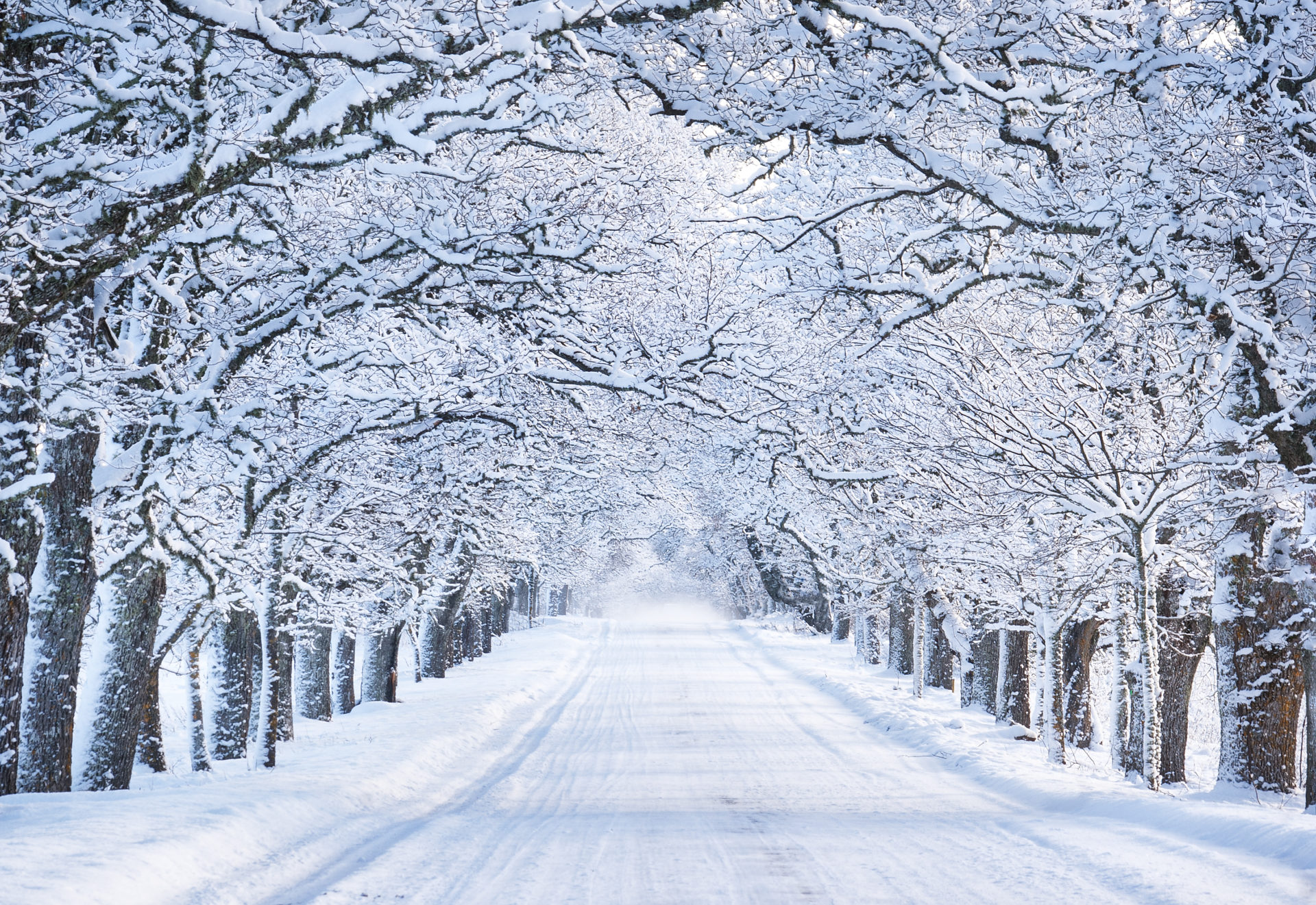[https://www.youtube.com/watch?v=nlzYusN7xDo]
This song shares a connection to the meaning and symbolism of winter and its effect on our mind, protecting or lying to us simultaneously. Eliot suggests that spring strips the layer of peaceful ignorance from our minds that the, "forgetful snow,' gives us. This is echoed in the Mumford and Sons song, saying, "I sit alone in the winter clarity / which clouds my mind." The singer is professing what he believes to be thought out beliefs; however, his mind isn't clear because of the winter. This is similar to Eliot's belief that there was a mental protection from the truth in the winter.
Additionally, this song connects to the nature and desire for life that Eliot explores.The song urges someone to, "Plant your hope with good seeds / Don't cover yourself with thistle and weeds." Both Eliot and Mumford and Sons are warning against the death that comes with dryness. While Eliot paints a picture of wasteland, the song is trying to prevent this evolution by explaining how important it is to have growth in our minds and earth. While the winter can keep us ignorant for a time, we need the rain and greenery to keep us alive and hopeful. While both the song and poem understand the importance of growth, Eliot has less hope in people's power of choosing life.
 This meaning of the phrase is about the emptiness of the ocean, or in this poem, the loneliness of the narrator. There is a void in the narrator where they feel nothing. I'm not sure why, except maybe having to do with war or poverty given the use of German.
This meaning of the phrase is about the emptiness of the ocean, or in this poem, the loneliness of the narrator. There is a void in the narrator where they feel nothing. I'm not sure why, except maybe having to do with war or poverty given the use of German. The dead tree offers no protection or safety and this picture represents that. The author emphasizes the importance of protection and cover throughout this poem.
The dead tree offers no protection or safety and this picture represents that. The author emphasizes the importance of protection and cover throughout this poem. The author's decision to describe snow as warm like a blanket insinuates that there is comfort and safety in snow. However, the author reminds us that the snow is temporary and will not last forever. This image shows a blanketed Earth that seems to be comforting rather than cold and angry.
The author's decision to describe snow as warm like a blanket insinuates that there is comfort and safety in snow. However, the author reminds us that the snow is temporary and will not last forever. This image shows a blanketed Earth that seems to be comforting rather than cold and angry.